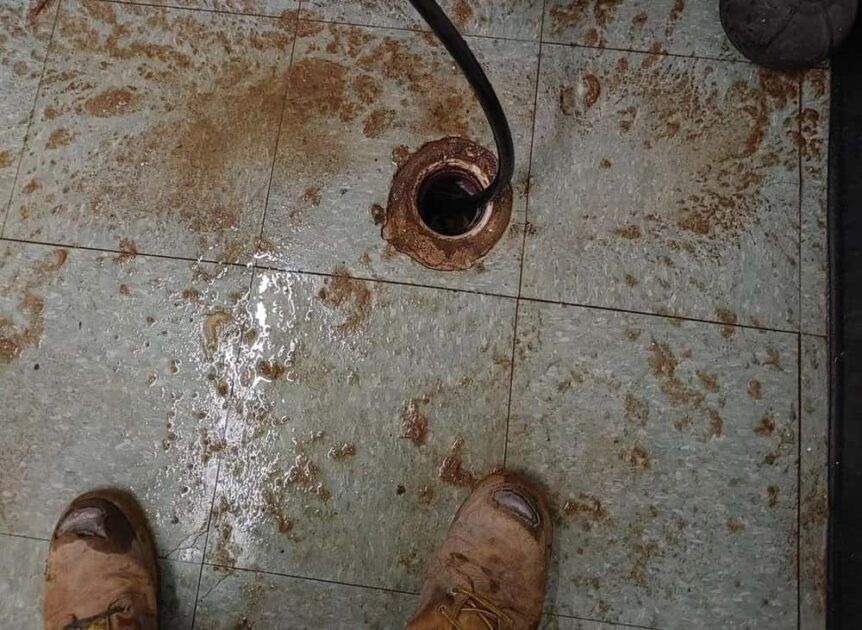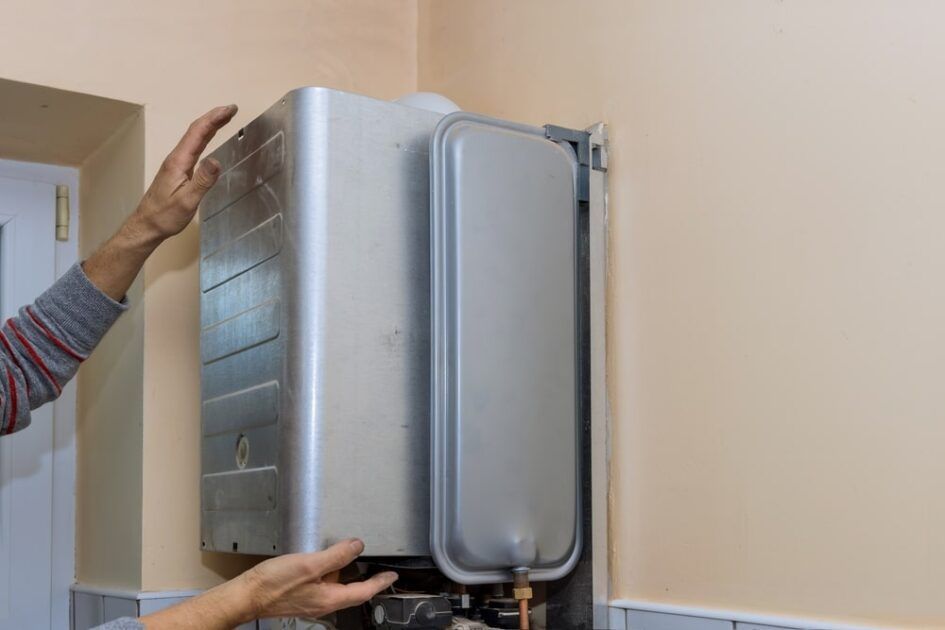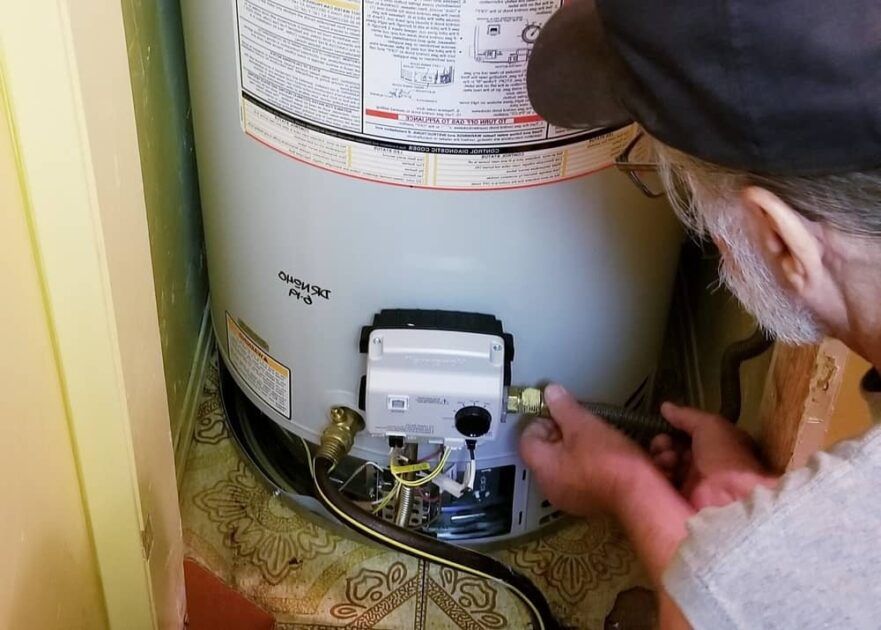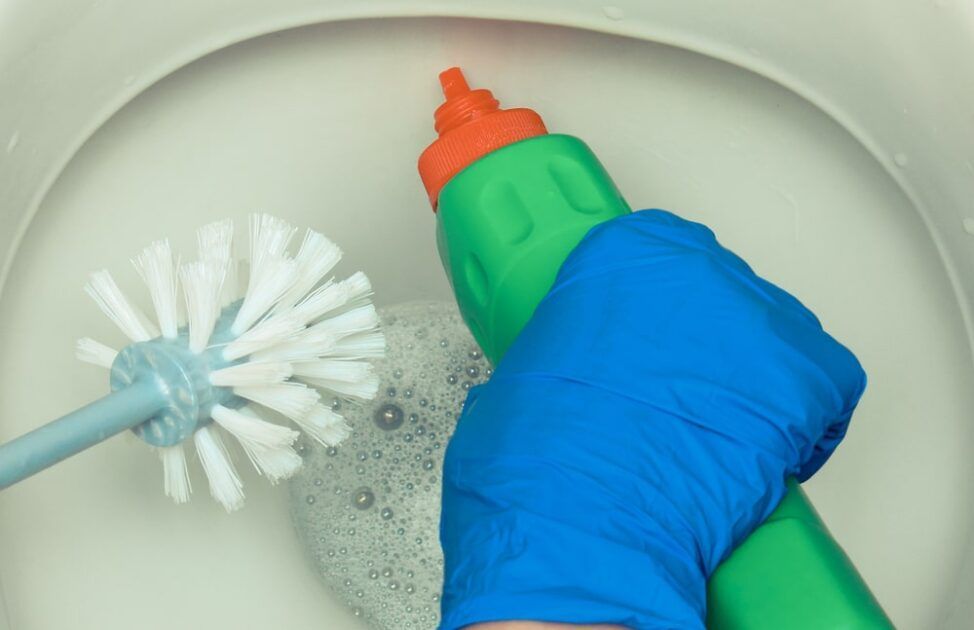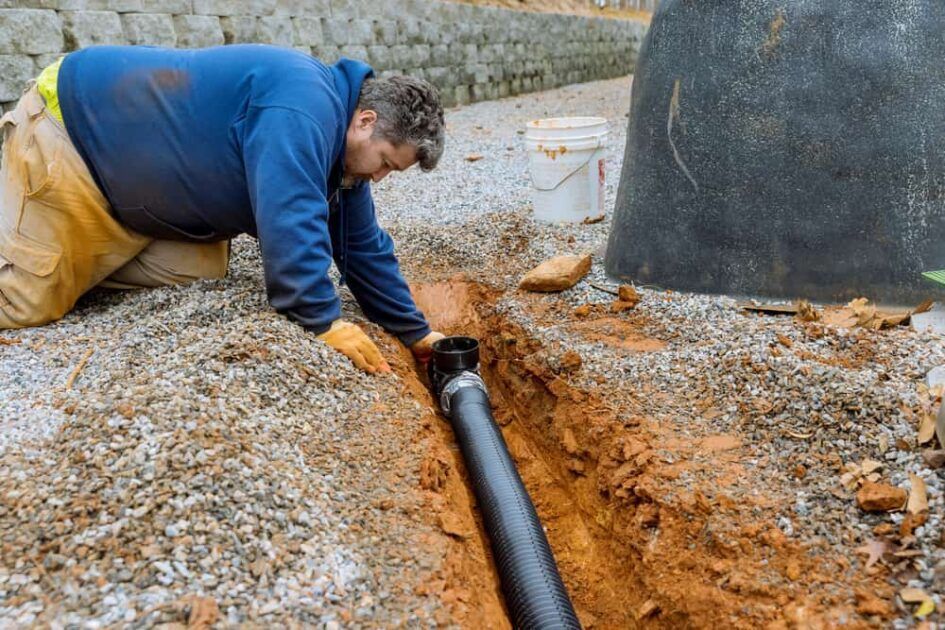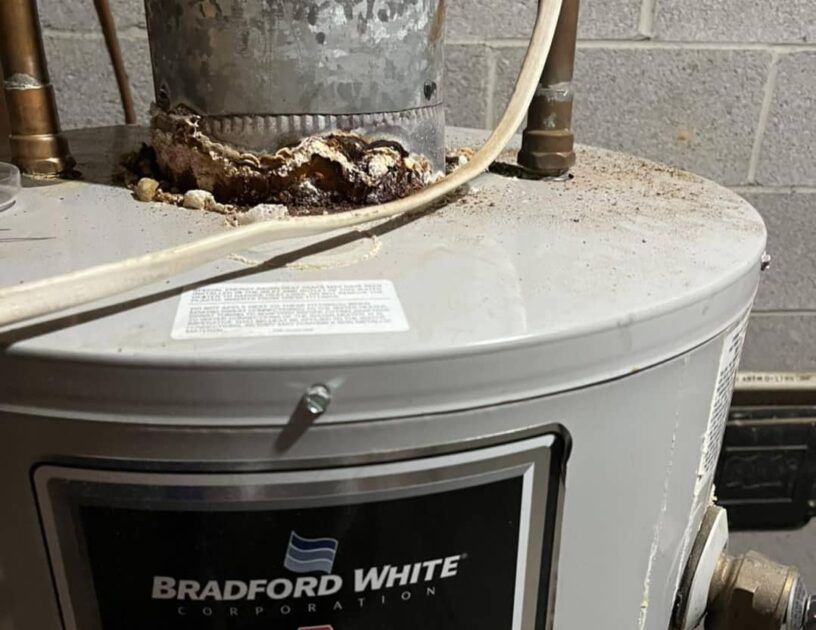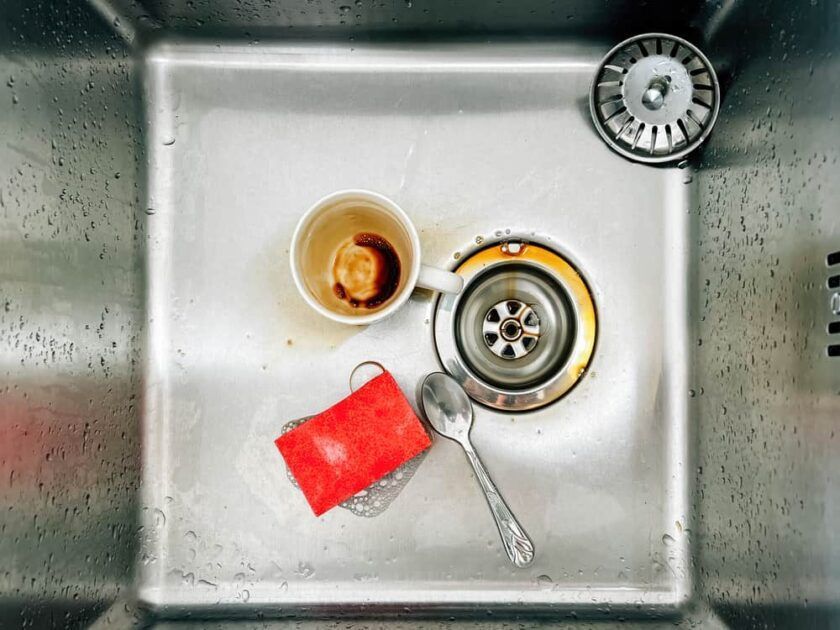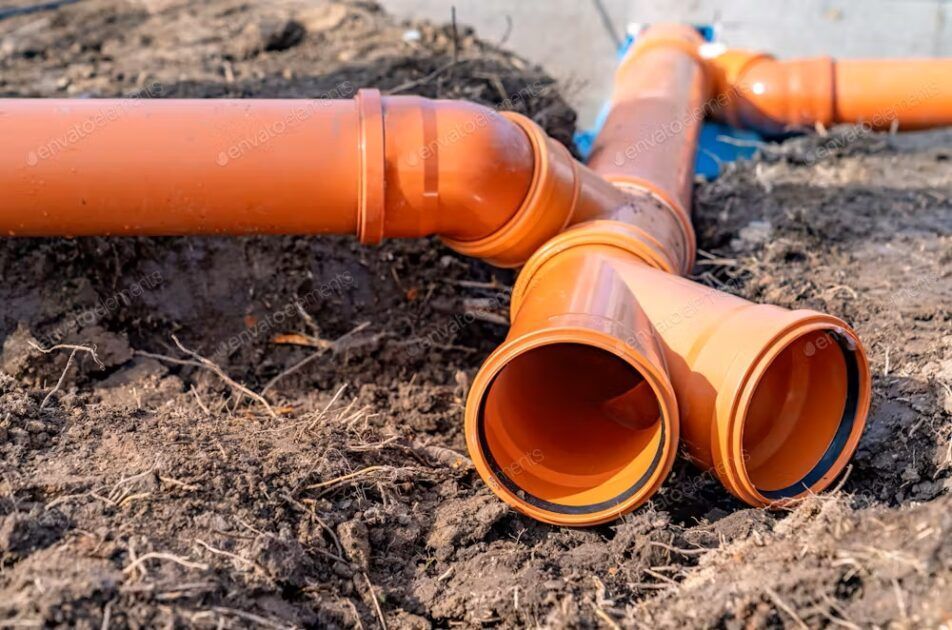Common Water Heater Problems—And How to Solve Them
Worrying about why the water is not getting hot. Fret not! Here, we will discuss solutions to all your issues. Our houses would only be complete with water heaters, which provide the convenience of hot water for several domestic chores and the enjoyment of warm showers. But just like any other equipment, they sometimes break down. These problems, ranging from lukewarm showers to odd sounds, may be annoying. Fortunately, most issues can be successfully fixed with the appropriate information and troubleshooting techniques.
Understanding possible problems and how to solve them can help you keep your unit operating efficiently while saving time and money on water heater repairs. Let’s start by looking at typical water heater problems and how to fix them.
Understanding Common Water Heater Problems
Both gas and electric water heaters can encounter a range of issues, leading to scenarios where your water heater is not working as expected. Let’s delve into some of the most common water heater problems homeowners face:
Insufficient Heating
Not getting the proper temperature in the water is one of the most common concerns. There are a number of possible causes for this, such as:
Inadequate Power Supply
Inadequate electricity may prevent a water heater from heating water efficiently. To fix this, make sure the heater is getting electricity by checking the fuse box or circuit breaker. Replace blown fuses or reset tripped breakers as needed.
Thermostat Malfunction
The water heater’s thermostat controls the temperature. It could prevent water from heating if it’s not working properly or is misaligned. Check the thermostat’s setting and, if necessary, replace it.
Unusual Noises
It might be concerning when the water heater makes strange sounds. Possible reasons include of:
Sediment Buildup
When sediment builds up in the tank , air bubbles may become trapped and cause popping or rumbling sounds to occur during heating cycles. This may be fixed by flushing the tank.
Mineral Deposits
The heating element may develop mineral deposits, which might produce sizzling or hissing noises. Frequent upkeep, such as descaling the element, might help to lessen this issue.
Loose Components
Loose or broken parts of the heater, like baffles or heating elements, might cause noises such as rattling or banging. Fix the problem by replacing or tightening these parts.
Discolored Water
Rusty or discolored water is another frequent problem. This may result from:
Corrosion
Rust-colored water may be the result of corrosion in the pipes or tank. In order to stop more contamination, think about replacing any rusted components.
Anode Rod Decay
The anode rod draws corrosive materials to it, preventing corrosion within the tank. Water may become discolored due to corrosion if the rod is exhausted. Examine and swap out the anode rod if necessary.
How to Check Your Hot Water Heater
It’s important to do routine maintenance and inspections to make sure your water heater runs well. The following is a step-by-step approach to inspecting your hot water heater:
Visual Inspection
Visually inspect the water heater, paying particular attention to:
Leakage: Inspect the area around the tank, connections, and valves for indications of water leaks.
Corrosion: Check for corrosion on any exposed metal parts, such as the tank.
Damage: Look for any noticeable damage to the surrounding parts or the tank itself.
Temperature Assessment
Verify the water heater’s temperature output by:
Faucet Test: Check the hot water temperature at a faucet by using the faucet test. If it’s not heated enough, go on to the next phase.
Thermostat Check: Use a thermometer to take a direct reading of the water’s temperature from the heater. Then, compare the reading to the thermostat setting to determine whether any changes are required.
Pilot Light Examination
Make sure the pilot light on the gas water heaters is lighted and operating properly by inspecting it. To safely relight the pilot light if it has gone out, follow the manufacturer’s recommendations.
Water Heater Repair Solutions
While many problems may be avoided with proper maintenance, certain water heater problems need professional repairs. Here are a few fixes for typical problems with water heaters:
Heating Element Replacement
If the water isn’t heated to the proper temperature, the heating element in your electric water heater can be broken. Cut off the electricity, use a multimeter to check the element’s continuity, and replace it if needed.
Tank Flushing
The collection of sediment may seriously impair the operation of your water heater. To fix this, frequently empty and clean the tank to get rid of sediment buildup.
Insulation Enhancement
Uninsulated tanks and pipelines may cause inefficiency and heat loss in colder climates. To increase energy efficiency, insulate the pipes that go to and from the water heater and consider covering the tank with an insulating blanket.
Pressure Relief Valve Replacement
The tank’s pressure release valve prevents too much pressure from building up inside. If it’s not working properly, replace it as soon as possible to avoid any risks.
Final Insights On Water Heater Issues
Although water heater problems can be annoying to handle, you can successfully fix many of them with the right information and methods. By understanding the common issues with the unit, you can effectively maintain and repair your water heater, ensuring a steady supply of hot water for your family’s needs.
When doing repairs or maintenance, put safety first and, if necessary, get expert help. Your water heater can provide you with dependable service for many years to come if you take proactive care of it. Rooter-Man can help with water heater repair in Southern Illinois and surrounding areas. Contact us today!
The post Common Water Heater Problems—And How to Solve Them appeared first on Rooter-Man Plumbers.

